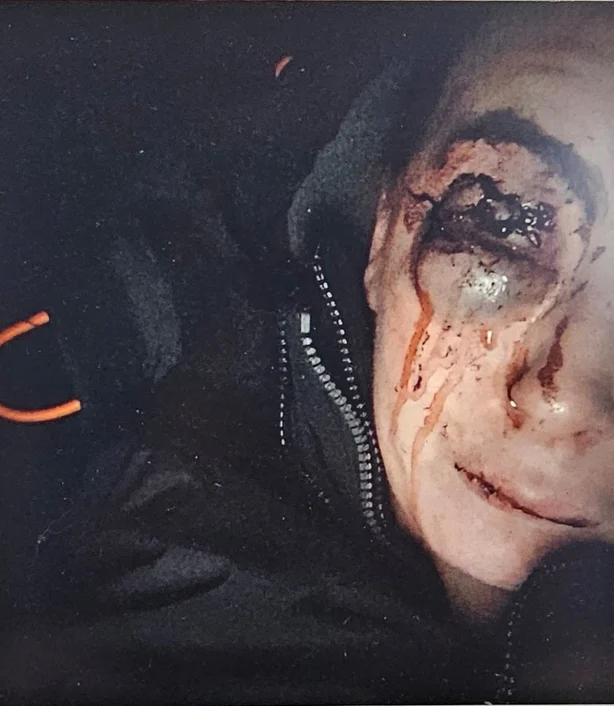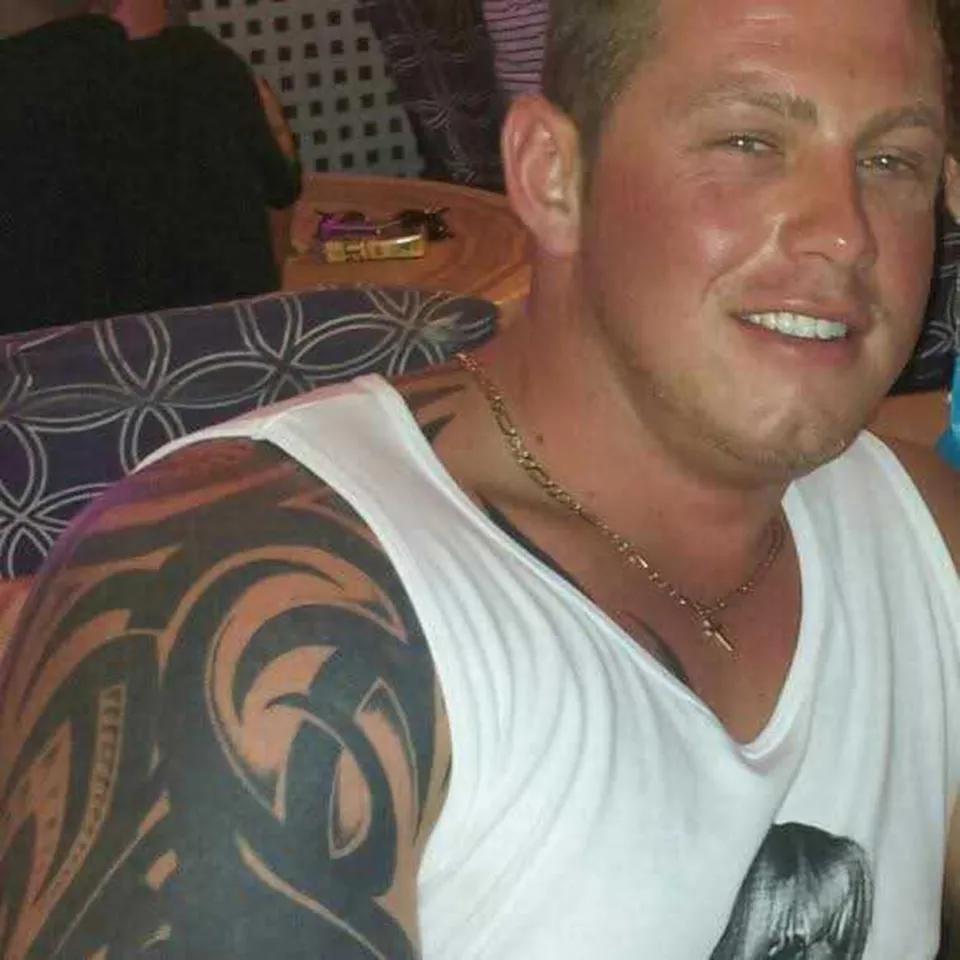Shattering the Silence
The conviction and sentencing of Barry Murphy for his crimes against Lisa O’Meara is a sobering reminder of the dark reality of domestic violence. Murphy, a 39-year-old from Offaly, was sentenced to 14-and-a-half years for coercive control, rape, assault, and false imprisonment of his former partner. While justice has been served, this case highlights the urgent need to address the chronic underreporting of domestic violence and enforce stricter laws to deter abuse.
Lisa O’Meara’s ordeal is harrowing. Between February 2018 and July 2020, she suffered severe physical and emotional abuse, including a fractured eye socket, broken nose, and systematic coercive control that stripped her of autonomy and self-worth. Murphy manipulated her into retracting a Garda statement and even riveted shut the door of their home to isolate her. Her eventual escape, waiting until Murphy was asleep before fleeing to safety, marked the start of a long journey toward reclaiming her freedom.
In court, Lisa’s victim impact statement revealed the devastating toll the abuse had taken: a once happy and carefree woman was reduced to feeling broken and worthless. Yet, through immense courage, she reclaimed her voice, declaring her intent to build a brighter future for herself and her children. Her bravery in waiving her anonymity ensured that Murphy’s heinous acts would be exposed, offering hope and inspiration to others trapped in abusive relationships.

For every survivor like Lisa who escapes and seeks justice, countless others remain trapped. The complex dynamics of abusive relationships often make leaving perilous. Fear, isolation, financial dependence, and psychological manipulation leave victims feeling powerless. In Lisa’s case, her temporary return to Murphy and withdrawal of her statement reflects these difficulties. Abusers exploit these vulnerabilities, tightening their grip on victims and silencing them. Society must recognise these dynamics and strengthen support systems for survivors.
Murphy’s sentencing is a significant step but must not be an isolated victory. It highlights the urgent need for tougher laws and harsher penalties for domestic violence, coercive control, and sexual violence. Judges must send an unequivocal message that such crimes will not be tolerated. Sentencing should reflect the gravity of these offences and the lifelong impact they have on survivors and their children.
Leaving an abusive relationship is often the most dangerous time for victims, as abusers escalate their violence when their control is threatened. Lisa’s story demonstrates the importance of accessible support systems. Organisations like Women’s Aid provide life-saving assistance, helping survivors create safety plans and navigate the difficult path to freedom. Raising awareness about these resources is vital so that no one has to face such dangers alone.
The underreporting of domestic violence, rape, and coercive control remains a significant barrier to justice. Victims often fear retaliation, feel shame, or lack faith in the justice system. In Lisa’s case, Gardaí recognised the coercive control she was subjected to and proactively video-recorded her statement, anticipating that she might later retract it. This foresight proved crucial in securing a conviction. Such measures must become standard practice to better protect survivors and ensure justice.
“Don’t be afraid. Just leave… because it doesn’t get better. It just gets worse and worse.”
Coercive control, a relatively new crime under Irish law, was central to this case. Murphy’s systematic domination, including isolating Lisa from communication and restricting her movements, highlights its insidious nature. Recognising coercive control as a criminal offence is progress, but much work remains to educate the public and judiciary about its impact. Survivors must feel assured that the law will protect them and that their experiences will be taken seriously.
Lisa’s decision to speak out is an act of immense bravery. Her words in court and outside the Criminal Courts of Justice offer a powerful call to action: “Don’t be afraid. Just leave… because it doesn’t get better. It just gets worse and worse.” Her courage in breaking the silence surrounding her abuse is a reminder of the importance of amplifying survivors’ voices and creating a culture where they are believed and supported.
Public awareness campaigns, survivor-led advocacy, and education are critical to dismantling the stigma around domestic violence. Society must reject harmful stereotypes that minimise abuse, such as the claim by Murphy’s defence that this was merely “a domestic situation that got out of hand.” Domestic violence is a grave human rights violation, and it must be treated as such.
If you or someone you know is experiencing domestic violence, help is available. Organisations like Women’s Aid and the Rape Crisis Centre provide vital support and resources. Reaching out could be the first step toward safety and healing.
“You thought you were untouchable and I would be forever under your control,” she said. “I am proud of myself for being here.”
As Lisa and her children begin their journey of healing, we wish them strength and peace. Lisa’s pursuit of justice and decision to speak out sends a powerful message to other survivors, you are not alone, and there is hope for a better future.
If you or someone you know is experiencing domestic abuse, domestic violence, or sexual violence, help is available. Organisations like Women’s Aid and the Rape Crisis Centre (RCC) provide vital support, guidance, and resources. Reaching out can be the first step toward safety and healing. Please visit our website for number for all Supports & Help HERE
We must all work towards a world where no one has to endure what Lisa, and countless other women, has suffered. Together, we can turn this story into a catalyst for change, ensuring that more perpetrators are held accountable and more survivors can rebuild their lives in safety and freedom.
Subscribe to The FEMCAST and help us bring these critical stories to light. Each listener, each voice, and each story makes a difference. Together, we can break the silence.
If you enjoy my content and would like to support our research and work, consider buying me a coffee (by clicking links below). Your contribution helps me continue creating this content. Thank you for your support!








